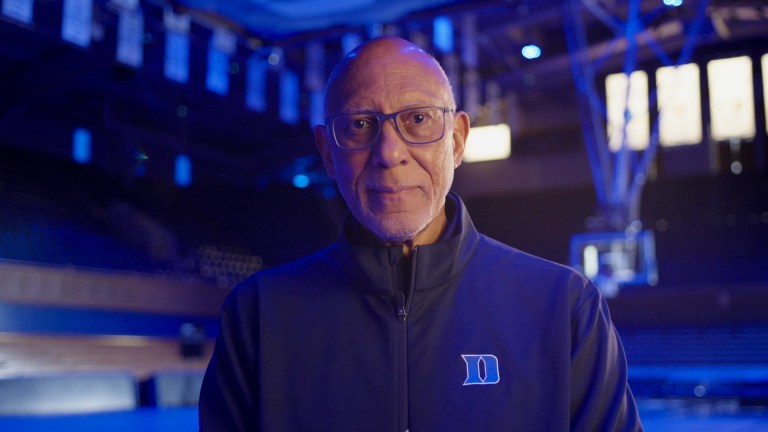The Untold Legacy of C.B. Claiborne: How Duke Basketball’s First Black Player Sparked a Campus Movement and Helped Redefine Racial Progress in College Sports
More Than a Game: The Silent Revolution That Began with a Single Jersey at Duke — How One Player Changed a Campus, and Why His Story Still Echoes Today
Durham, NC — July 2025
The story of Duke basketball is filled with championship banners, legendary coaches, and iconic moments on the hardwood. But tucked quietly beneath those accolades is a name whose significance reaches far beyond the game: C.B. Claiborne.
In 1965, Claiborne became the first Black basketball player to suit up for the Blue Devils. At a time when integration in southern institutions was still resisted, his presence alone marked a historic step. Yet what makes Claiborne’s story unforgettable is not just that he played — it’s what he stood for.
Beyond the Court: A Mission Larger Than Basketball
C.B. Claiborne didn’t come to Duke just to score points. He came to make a difference.
While he possessed the athleticism and skill to contribute on the floor, Claiborne viewed his place on the team as an opportunity to challenge a broader system. His arrival at Duke coincided with the height of the Civil Rights Movement — a time when young Black leaders were standing up nationwide against systemic racism.
Claiborne became one of them, using his platform to advocate for change not just in the locker room, but across the university.
Pushing for Change: A Voice for the Voiceless
His activism stretched into bold and uncomfortable territory. Claiborne demanded that Duke hire its first Black faculty member, arguing that true integration wasn’t complete without representation in the classroom. He pushed for the creation of an African-American Studies program, recognizing the need for academic space that reflected Black history and experience.
He also took a stand on behalf of Black workers at the university — advocating for fair wages and better working conditions for those whose labor often went unnoticed by the privileged student body and faculty.
For Claiborne, these weren’t just side issues — they were central to the progress Duke needed to make. And that boldness came at a cost.
Sacrifice Over Spotlight
Standing against the status quo meant Claiborne often stood alone. His outspokenness and activism weren’t always welcomed, and his time on the court sometimes suffered as a result.
While teammates admired his resolve, Claiborne found himself caught between competing identities — athlete and activist — at a time when being both could mean risking everything. Still, he remained committed to the bigger picture.
“Basketball was part of it,” Claiborne once said in a retrospective interview. “But my reason for being at Duke was never just about basketball.”
Preserving the Legacy: A Story Finally Told
Today, Claiborne’s legacy is being rediscovered through a powerful new documentary film, which chronicles his journey at Duke and his efforts to create lasting institutional change. Featuring interviews with Claiborne, his teammates, professors, and civil rights historians, the documentary offers a long-overdue tribute to a man who helped shape the soul of the university.
The film also situates Claiborne’s contributions within the broader civil rights landscape, reminding audiences that college campuses were — and still are — battlegrounds for social justice.

A Legacy That Echoes Across Generations
C.B. Claiborne didn’t win national player of the year or lead Duke to a Final Four. But his presence, leadership, and quiet defiance altered the university’s direction forever.
In many ways, his story is the missing chapter in Duke basketball history — a chapter that reflects the game’s power to influence society beyond the scoreboard.
As Duke continues to push forward in equity and inclusion efforts, Claiborne’s name is once again being spoken — in classrooms, on campus tours, and among alumni — as a symbol of courage, purpose, and the belief that even one player, one voice,and one jersey can start a revolution.





























